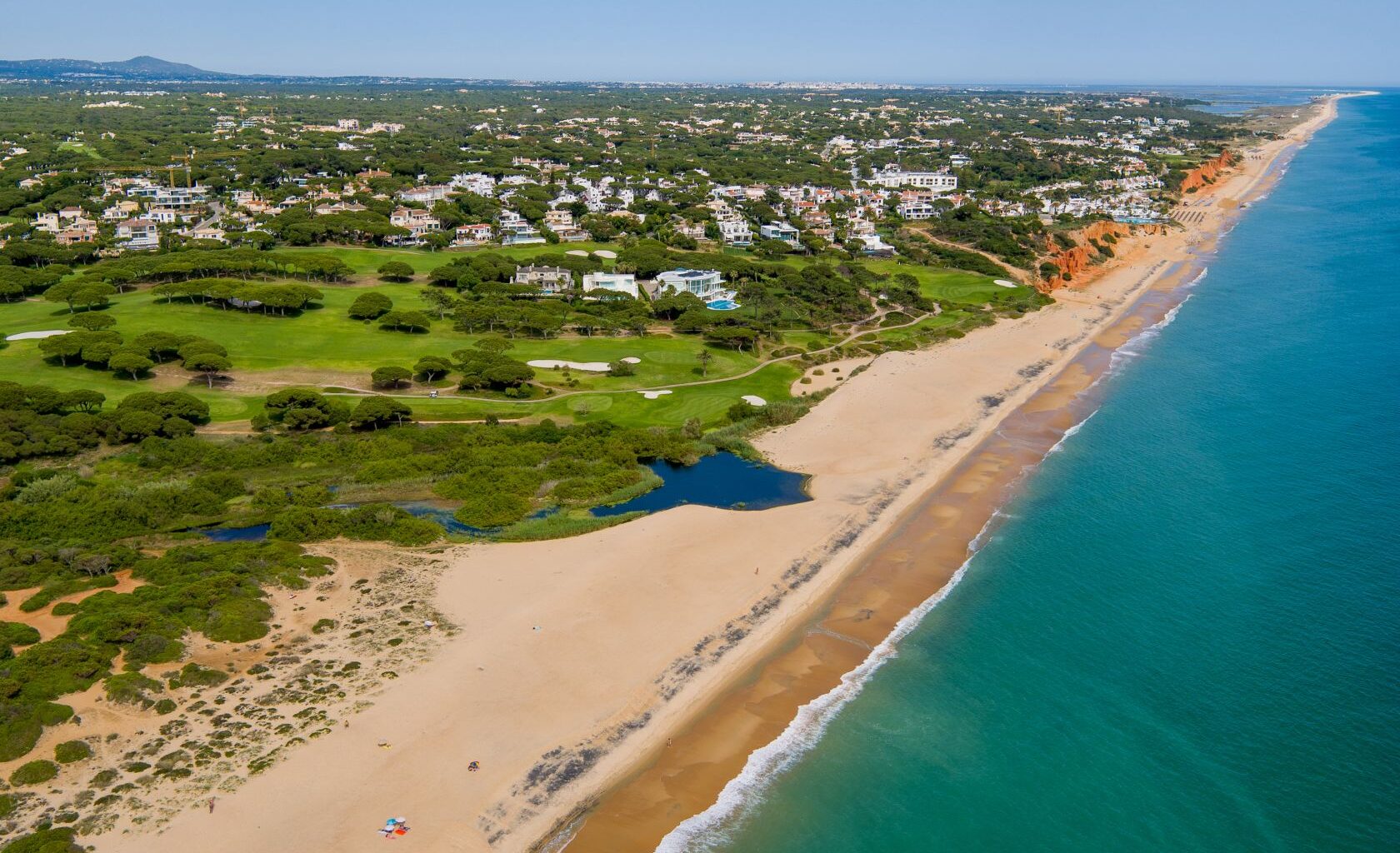“Penalising foreign investment in tourism developments outside urban centres, often in low-density areas, is a strategic error that will only lead to a loss of investment, jobs, and tax revenue for these regions,” argued APR Executive Director Pedro Fontainhas in a statement.
The association expressed its concern about the government’s announcement last week that it intends to increase the Municipal Property Transfer Tax (IMT) for home purchases by non-residents in Portugal, excluding emigrants.
No competition
The APR argued that this measure should not cover tourist resorts or low-density regions, “according to the same classification that has been used in the past,” emphasizing that “tourist resorts, located outside urban centres, do not compete with the primary housing market for Portuguese residents.”
The association pointed out that, according to a study conducted by Nova SBE University for 2024, between 2014 and 2023, Residential Tourism and Resorts generated €96.8 billion in Gross Value Added (GVA), 2.85 million jobs, and approximately €15 billion in taxes.
In that period, it emphasized, non-residents alone, through the acquisition of properties for their own use, added €298 million in GVA, 9,060 jobs (906/year), and over €680 million in taxes.
The APR noted that tourist units are not homes, but intended for temporary and vacation use and “have a positive effect on the housing market by avoiding pressure on the supply of permanent housing in urban areas.”
“Investment in residential tourism and resorts in the Algarve, Alentejo, Oeste, Madeira, and Azores regions has been one of the pillars of the economic and social development of these regions over the years,” the association argued, considering that “failing to consider these dynamics and the specific nature of this sector maintains pressure on urban centers and hinders regional convergence.”
The APR therefore called on the government to “base fiscal decisions on data and economic impact, not on generalized perceptions” and to “maintain fiscal stability and predictability, an essential condition for attracting and retaining foreign investment.”
Founded in 2008, the APR represents more than 100 tourist and residential developments in Portugal.
